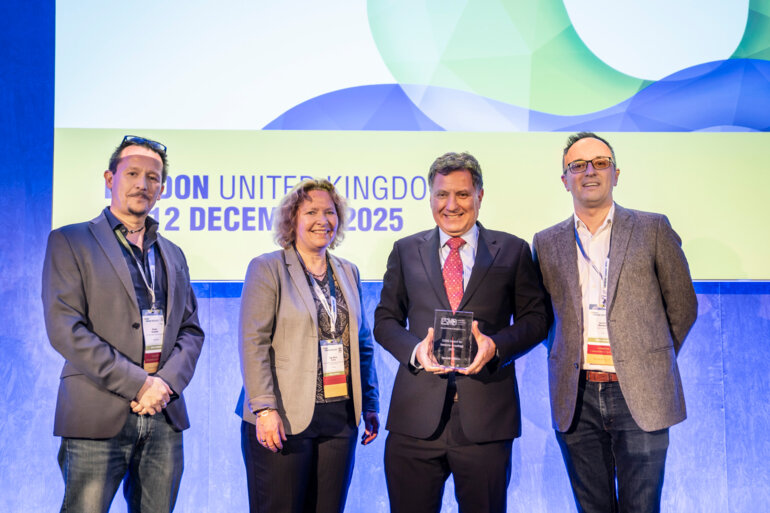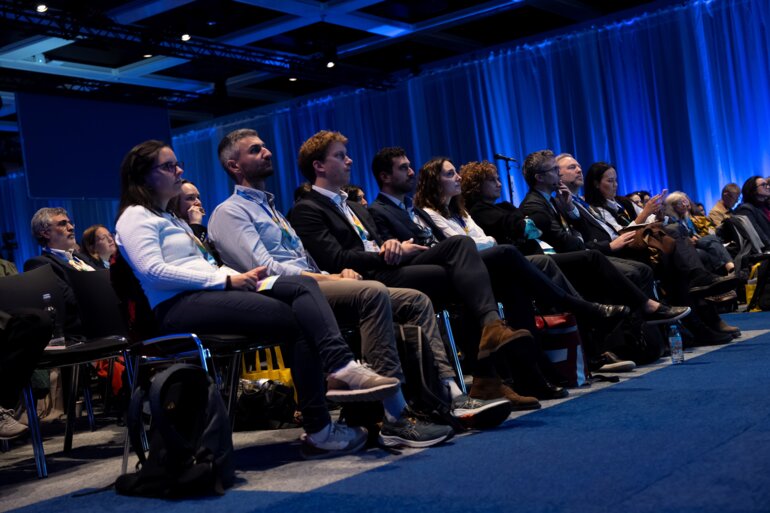First evidence for the efficacy of anti-PD-1 agents in children, adolescents and young adults with melanoma prompts the call for a change in cancer care for this population
While cutaneous melanoma is rare in children, its incidence increases among adolescents and young adults (AYA). A major challenge in the treatment of melanoma in these populations is the relative shortage of knowledge and clinical expertise (Pediatr Blood Cancer. 2018;65:e27292), and that young patients are often treated according to the principles followed for adult patients. However, in contrast to the adult population, young patients lack access to clinical trials, and this further limits their options of being cured with the most innovative treatments.
Immunotherapy has revolutionised the cure of cancer, but research in the field is lagging behind when it comes to AYA. In particular, no studies have been conducted to explore the efficacy of immunotherapy in adolescent populations. A key reason for this is the limited access to new agents and clinical trials owing to the 18-year limit imposed by regulatory authorities (Front Oncol. 2021;11:736123; ESMO Open. 2021;6:100096).
The MELCAYA study was designed to get a better understanding of the activity and efficacy of anti-PD-1 antibodies in patients aged 2–18 years with radically resected or metastatic melanoma (Abstract 1101P). Results presented at the ESMO Congress 2024 (Barcelona, 13–17 September) showed response rates in advanced disease were 37.5% for first-line therapy, 13.3% for second-line and 16.7% for third-line among 48 patients receiving treatment, with median progression-free survival (PFS) and overall survival (OS) in the first-line setting of 4.2 months and 27.2 months, respectively. At 3 years, the landmark OS was 41.5%. In 27 patients receiving adjuvant anti-PD-1 treatment, 3-year PFS and OS were 62.1% and 74.2%, respectively. Two patients receiving neoadjuvant anti-PD-1-based treatment achieved pathologic complete response and remained disease-free after 36 and 18 months of follow-up, respectively.
These findings send a clear message: we can and must use anti-PD-1 antibodies in children and AYA, including those under the age of 12 years. There is an urgent need to develop strategies to improve AYA recruitment in clinical trials for these agents – including removing the need to be at least 18 years old – and to challenge traditional approaches to drug development, regulation, protocol planning and care environments. For example, adolescents should be eligible for early-phase clinical trials from puberty, and young adults should be included in paediatric protocols for paediatric-type malignancies.
It is the responsibility of the whole oncology community to take heed of this and to work together to find suitable solutions for young patients with different tumours, not just melanoma. An excellent example of what can be achieved by an active cooperation comes from the joint ESMO/European Society for Paediatric Oncology (SIOPE) Working Group on AYA, the ultimate aim of which is to improve the standard of care for AYA with cancer across Europe. A position paper from the Working Group summarises the challenging aspects associated with managing AYAs with cancer and outlines the next steps required (ESMO Open. 2021;6:100096). Among the future measures recommended by the SIOPE Working Group are the development of scientifically based aspirations to help accrue AYA into clinical trials in the numbers that can improve outcomes, provide training and assess competency for those working with AYA in specific measures that can promote AYA treatment adherence, and the creation of a portal of available AYA trials and guidance on referrals to centres with open trials.
Programme details
Mandalà M, et al. Efficacy of anti PD-1 therapy in children and adolescent melanoma patients (MELCAYA study). ESMO Congress 2024. Abstract 1101P
Poster Display Session – Melanoma and other skin tumours, 14.09.2024, h. 12:00 – 13:00, Poster Area - Hall 6
ESMO in collaboration with SIOPE/ESMO AYA: The greatest need for better outcome of Adolescent and Young Adult (AYA) with cancer. ESMO Congress 2024
Special Session, 16.09.2024, h. 10:15 – 11:15, Pamplona Auditorium – Hall 3







